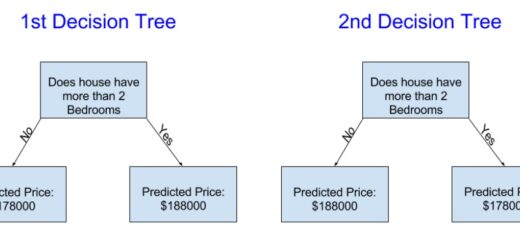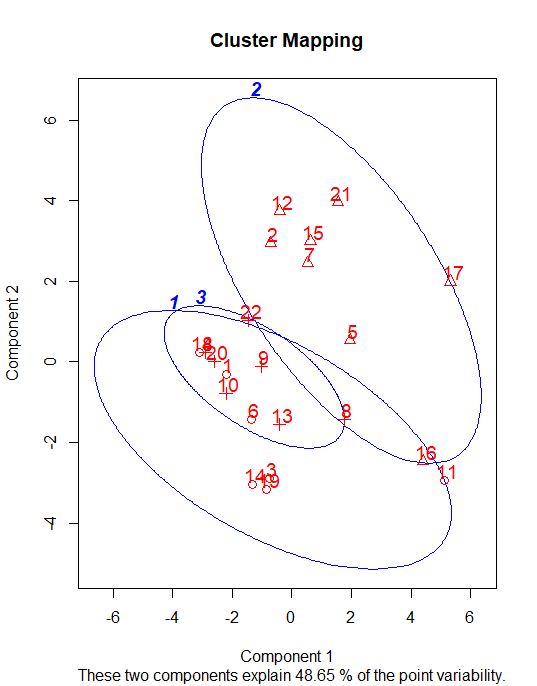What Data Science Is and What You Can Do With It
What Data Science Is and What You Can Do With It, How do you make the best decisions possible?
Do you have someone on your team who knows data science and analytics?
Data scientists are valuable because they’re able to look at all of your company’s data, including your website statistics, social media analytics, and marketing campaigns, and figure out how to improve your business using all that information.
Data science can help you decide which changes will have the biggest impact on your bottom line without wasting resources in the process.
What Data Science Is and What You Can Do With It?
Data science is an interdisciplinary field that aims to extract knowledge from data in various forms, either structured or unstructured.
As a more scientific discipline, it builds on techniques developed within fields such as computer science, statistics, artificial intelligence, machine learning, and applied mathematics.
Data scientists combine their understanding of these fields with specific expertise in real-world domains to turn raw data into meaningful information that can be used for predictive purposes or other forms of analysis.
While there’s no formalized degree pathway in data science itself (as opposed to some core elements like statistical methods), degrees related to computer science are often useful as training grounds for budding data scientists – just make sure your chosen program gives you enough flexibility to learn new tools and languages over time.
The Importance of Analytics
When you’re running a company, data science is just as important as your product itself. In fact, businesses that use data analytics to make better decisions will come out ahead of their competitors.
And because of all that data available at your fingertips, there are ways to make better business decisions than ever before. That’s why companies are increasingly turning to data science—and why you should, too.
Here’s what it is, what it can do for you, and how you can get started right away.
Data vs. Big Data vs. Bigger Data
The data science buzzword du jour is Big Data. That’s because Big Data encompasses a lot of disparate areas: Hadoop, cloud computing, streaming analytics, in-memory computing—the list goes on.
But what does it all mean? If you’ve spent time in tech circles lately, you’ve probably heard terms like big data, data science, or big data analytics used casually.
And with little explanation as to what these concepts actually mean! Here’s a quick primer on some of them (from an IT perspective), so that you can more easily understand why they’re important.
Or at least sound informed when someone else mentions them around you.
Why Should I Care About Data Analysis?
Analytics, or more specifically data science, is a popular career path for someone just starting out in their professional life.
Why? More than any other role in an organization, data scientists are tasked with analyzing trends and patterns.
As a result, they find themselves extremely valuable to management as they can report on what’s working (and what isn’t) as well as identify new opportunities that may have otherwise gone unnoticed.
If you want to increase your value to an organization then we recommend getting a degree in statistics or mathematics because these skills will make you invaluable to both small businesses and corporations.
What Does Data Analysis Look Like?
A Data Scientist’s Workflow in few Steps:
1. Set goals: Decide what you’re trying to learn from your data analysis.
2. Collect data: Figure out where you’re going to get your data and how you’re going to collect it (or look at it).
3. Organize data: Put your raw data into a format that makes sense for analysis (usually in Excel).
4. Clean up dirty or messy data: Data may not be well-organized or easy to read/understand, so it’s important to clean up your raw data before doing anything else with it.
5. Visualize with graphs: Make sure your graphics make sense; figure out what information is most important, how much space different groups of people take up, etc…
6. Decisions: Make decisions based on available data.
Strategies for Successful Data Analysis
Whatever your role in an organization, it’s likely that you make decisions using data or are responsible for making sure others use data well.
The good news is that you don’t need to be a data scientist to have a successful career in analytics. Here are some basic strategies that will put you on track to succeed:
Seek first to understand, then to be understood: Before diving into any analysis, it’s critical to develop a thorough understanding of why people do what they do and how they think about their situation.
Once you truly understand what motivates your audience, only then can you provide meaningful advice.
Importance of Statistical Analysis in Business » finnstats








